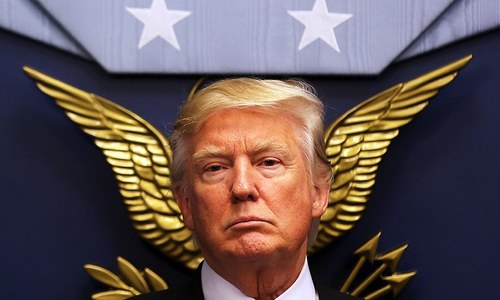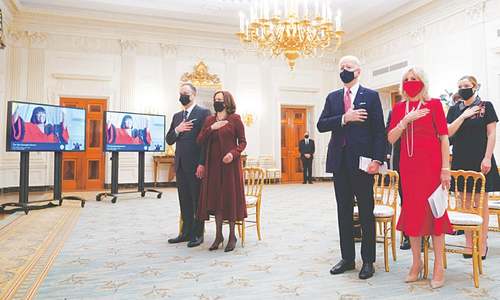A US appeals court said three Muslim men cannot sue FBI agents after being placed on the “No Fly List” for refusing to become government informants.
The 2nd US Circuit Court of Appeals in Manhattan said the 16 agents were protected by qualified immunity, despite their “improper behavior” and the three men’s belief that Muslims in America had been unfairly targeted.
Circuit Judge Gerard Lynch wrote for a three-judge panel that the agents had no reason to believe they were violating the men’s religious beliefs because none of the men had told them so during their interactions.
Qualified immunity shields federal officials from liability for violating constitutional rights that were not clearly established at the time of the violation.
Muhammad Tanvir, Jameel Algibhah and Naveed Shinwari sued in 2013 after being put on the No Fly List for refusing to spy on US Muslim communities, despite no evidence the men threatened airline or passenger safety.
The men, all US citizens or permanent residents who were born abroad, said inclusion on the list violated their religious beliefs, cost them jobs, harmed their reputations, and kept them from seeing family in Pakistan, Afghanistan and Yemen.
Though eventually removed from the list, they sought damages under the federal Religious Freedom Restoration Act of 1993.
Lawyers for the men had no immediate comment. The office of US Attorney Damian Williams in Manhattan did not immediately respond to a request for comment.
The case had in 2020 reached the US Supreme Court, which upheld an earlier 2nd Circuit ruling that the three men could seek damages from the FBI agents. It did not address qualified immunity.
In Tuesday’s decision, despite ruling in the agents’ favour, Lynch faulted them for pressuring the men to become informants by “falsely and in bad faith accusing them of terrorism to deny them significant liberties under a program designed to protect lives from genuine terrorists.”
“That,” Lynch wrote, “is improper behaviour regardless of whether the agents knew of the (men’s) particular religious beliefs.”
The government created the No Fly List after the September 11, 2001 attacks, to keep suspected terrorists off aircraft in the United States.
Tuesday’s decision upheld a February 2023 dismissal by US District Judge Ronnie Abrams in Manhattan.
The case is Tanvir et al v Tanzin et al, 2nd US Circuit Court of Appeals, No 23-738.















































Dear visitor, the comments section is undergoing an overhaul and will return soon.